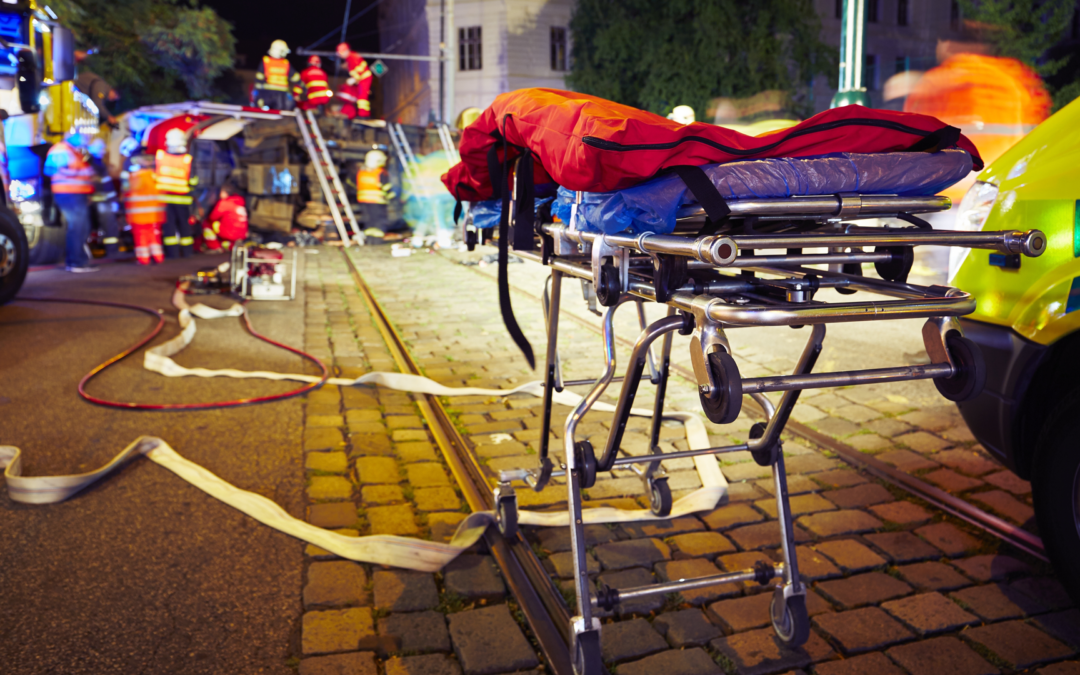It’s that time of year… Major Incident training. Some of you reading this may instantly think about the organisational side? All the emails? The never ending meetings? The phone calls? Some of you may think about the actual exercise? Who needs to be there? What do you need? There is so much planning that has to go into these types of exercises.
When I hear the words ‘Major Incident training’ it makes me think … What style of scenario can we create to push everyone involved to their maximum potential?
Over the years For Real have gone from just providing actors for the Major Incident Training to being part of the planning process for theses exercises. Working with planning teams from each service and seeing what they would like to achieve from the exercise. Then going on to write the scenario with the teams and provide the actors, deciding what characters they will all play within the exercise and what injuries they will have if this involves a medical element.
This type of training is so important; it’s a time to really test how all your in house training and procedures work when put into practice. It also gives you the opportunity to see how you can progress depending on the outcomes of the exercise.
We have helped plan and deliver a great deal of exercises over the years; Road traffic collisions, chemical spills, train crashes, large fires, plane crashes, incidents of terrorism, to name a few. We always strive to create the most realistic environments and characters to be part of our client’s exercises.
Interestingly throughout said exercises we always hear “that’s not our job to do that” “you can’t stand in that cordon” “we don’t use that command” “no we don’t have that in our kit”…. Does that sound familiar? We have learnt that not only do our clients gain a great deal from the acting and realistic training environments (as no one ever questions the realism of the exercise) but the actor’s feedback (verbal and written) has proved to be invaluable over the years. As the actors are immersed in the training they are in a position to witness first hand issues with communication between the multi agencies involved and what job roles or boundaries have been crossed throughout the exercise, along with all the normal points that our actors look out for on exercises. We are able to feedback this information without participants having to feel awkward by raising these points themselves. This is always an eye opening type of training for me as I can not only learn from the individual services but also how they react when working together on a multi-agency exercise.
Each year I have seen how this type of training has evolved and it still is. This style of training is very beneficial as it allows us to assess and address any issues that have occurred and in some cases procedures to be reviewed and adapted to meet the needs of the services involved.
With each year that passes I have learnt to adapt our training styles and scenarios to meet the learning outcomes of other exercises, by researching issues that affect individual services and threats that they face together on a global level. It is much better to address these issues in a controlled training exercise than have to face them for the first time on a real incident. Participants have always taken on board the actor’s feedback and discussed the reason behind decisions made as a group in a de-brief immediately after the exercise.
After a number of exercises we have worked with the different agencies to put new procedures in place due to the feedback raised. Done correctly a great deal can be gained from these types of exercises for all involved.


Recent Comments